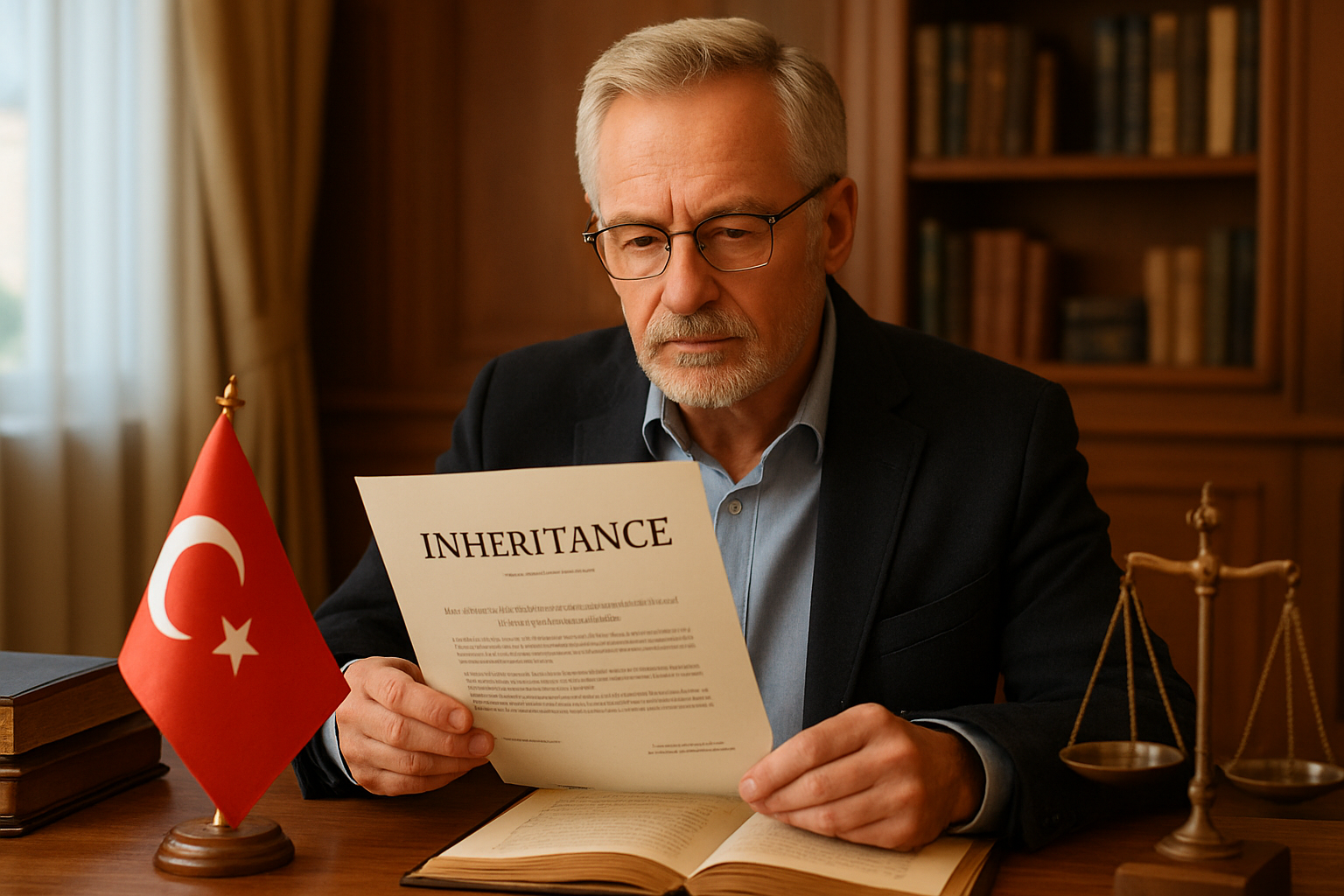Inheritance Laws in Turkey: Protecting Your Assets

Moving abroad offers a world of opportunity and new experiences. For many expats who choose to settle in Turkey, understanding how to protect their assets becomes a top priority. Turkey has unique inheritance laws that can impact everything from property to financial accounts. Navigating these regulations presents challenges, especially when balancing international ties and family interests back home. This guide provides clear guidance and practical insights to help expats secure their wealth and safeguard their loved ones’ futures.
Understanding Turkish Inheritance Law Basics
Inheritance law in Turkey operates under the Civil Code, blending European influences with local customs. When a person passes away, local courts handle the distribution of their assets based on both legal succession and established wills. Turkish law recognizes two main paths:
- Legal succession: Applies if no will exists, following a specific family hierarchy.
- Willed succession: Honors written wishes as long as they comply with Turkish legal limits.
Children, spouses, and parents receive preferential status, while other relatives may inherit only if closer relatives are absent. For expats, these rules can differ significantly from those in their home country. For example, a foreigner who buys property in Istanbul and later passes away may have their estate handled much differently than if they were still living in the UK or US.
Asset Protection Strategies for Foreigners
Expats often own a mix of local and international assets. Creating a sound legal plan helps manage potential conflicts and ensures that property and savings pass smoothly to intended beneficiaries. Here are practical ways to secure your holdings in Turkey:
- Draft a will that complies with Turkish law and your home country’s regulations.
- Consult a bilingual legal expert for dual-jurisdiction situations.
- Register Turkish-based assets officially to avoid ambiguity during probate.
- Regularly update legal documents to reflect changes in family or assets.
Consider an expat who owns a seaside villa and a local bank account. By creating a Turkish-compliant will and notifying both embassies and Turkish authorities, the transfer process becomes much smoother, reducing the burden on heirs during a difficult time.
Forced Heirship: What Expats Need to Know
One of the most important features of Turkish inheritance law is the principle of forced heirship. This rule protects close family members by guaranteeing them a mandatory share of the estate, regardless of the deceased’s wishes. Key points include:
- Spouses, children, and parents cannot be completely disinherited.
- Free disposal portion allows some flexibility for other beneficiaries.
- Children typically receive double the share of a surviving spouse.
- Foreign wills may not override forced heirship rules unless recognized by Turkish courts.
Let’s say an expat wishes to leave all assets to a friend, excluding children. Under Turkish law, a portion must go to the children. Understanding and planning for this provision prevents family disputes and ensures that legal requirements are satisfied.
Dealing with International Assets
Expats frequently have property or investments in multiple countries. Turkish law generally applies to immovable property (like land or homes) within its borders, while movable assets may fall under the deceased’s national laws. Optimizing your estate plan involves:
- Listing all international assets and their locations.
- Clarifying which country’s law applies to each asset through legal advice.
- Ensuring wills are valid and harmonized across jurisdictions.
- Opening communication channels between foreign and Turkish executors.
For instance, someone with savings accounts in both Ankara and London must ensure wills in each country do not conflict, and that executors understand local processes. Coordinated planning helps avoid frozen accounts or contested estates.
Practical Steps for a Secure Future
Taking early action reduces anxiety and provides peace of mind for expats settling in Turkey. Here is a checklist to start protecting your assets today:
- Consult a local inheritance lawyer who understands expat concerns.
- Identify all tangible and intangible assets within Turkey and abroad.
- Draft or revise wills to comply with both Turkish and home country laws.
- Keep all documentation up-to-date and accessible to trusted family members.
- Review your estate plan every few years or after major life changes.
By taking these proactive steps, expats gain control over their legacy and ensure loved ones are cared for. Turkish inheritance law may appear daunting, but with informed planning, anyone can safeguard what they have worked hard to build in their new home.
